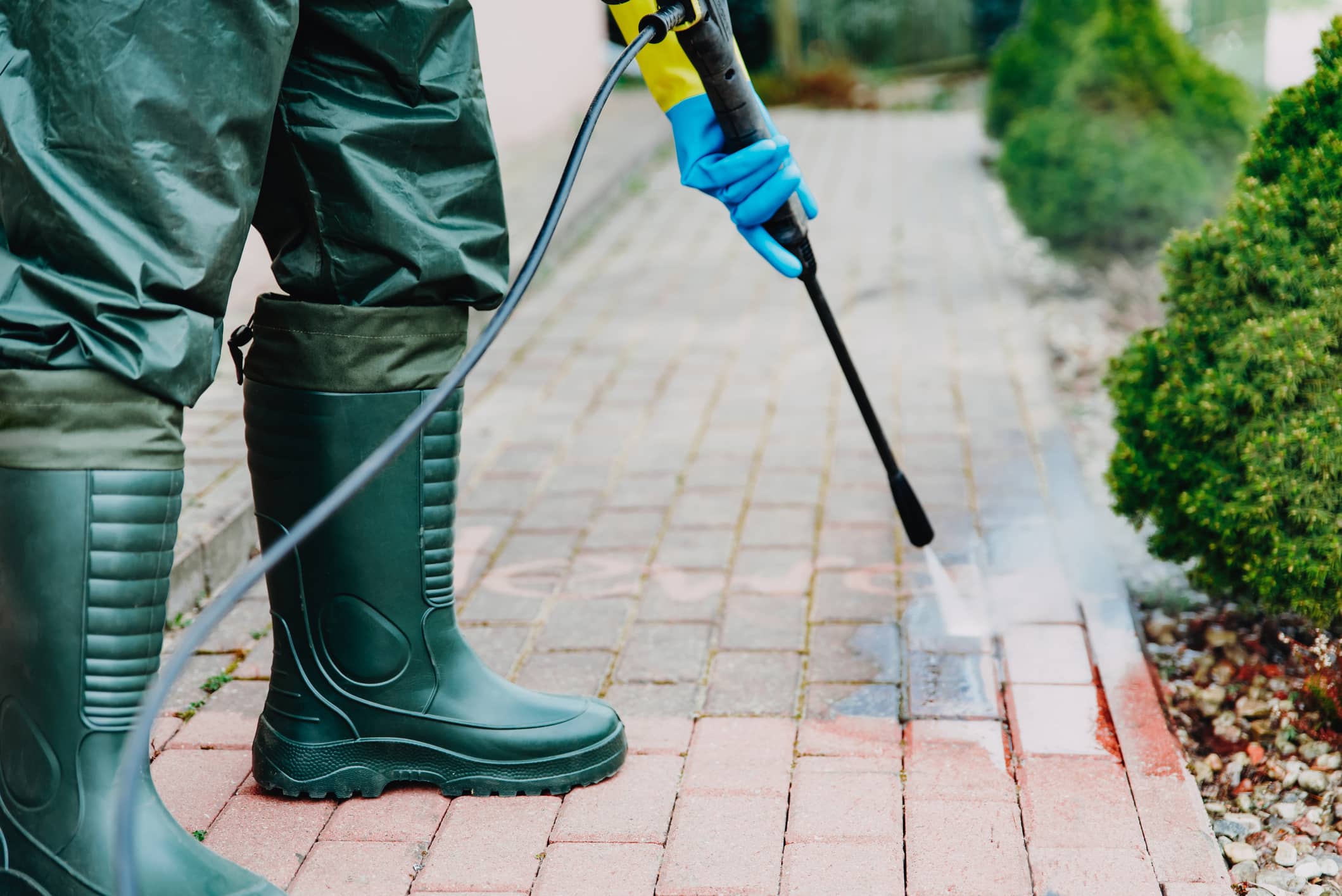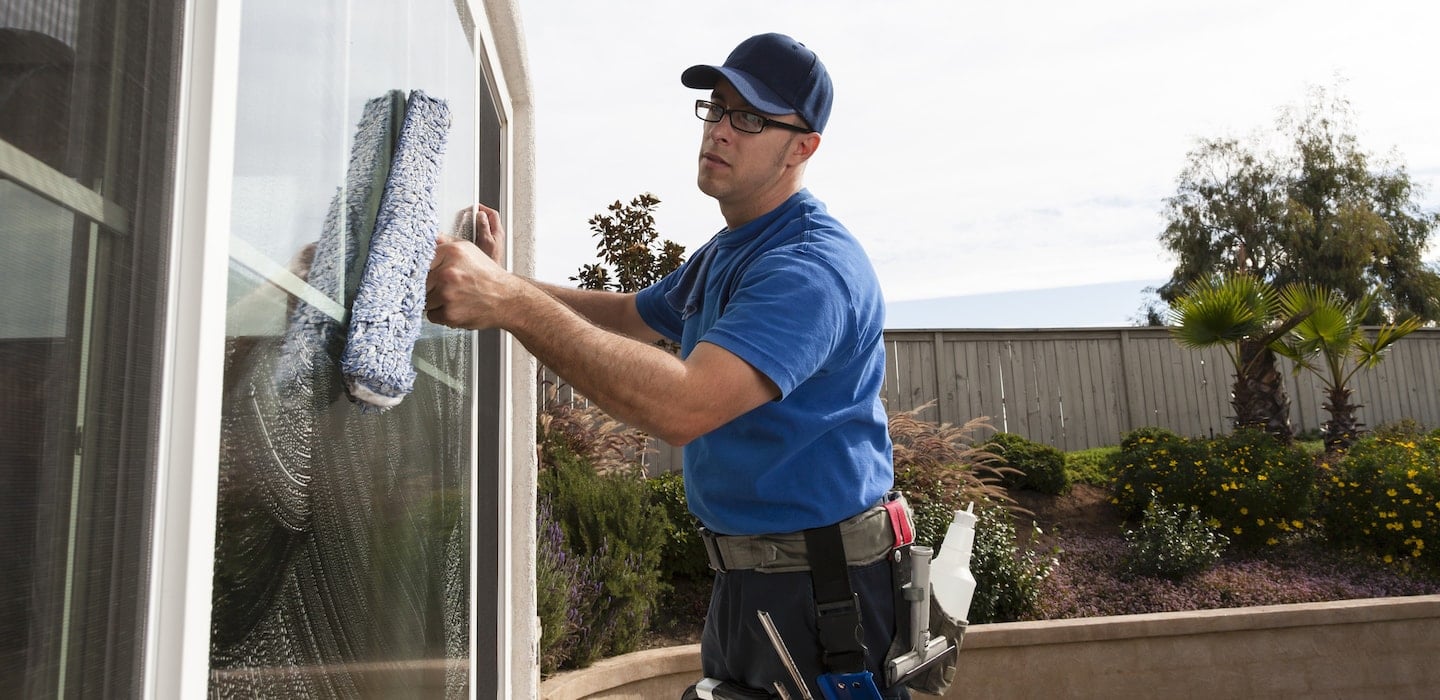Have you recently decided to turn your dreams into reality and start your very own cleaning business? If so, congrats; it can be quite the lucrative business. On top of that, you’re striking while the iron is hot. The market has never looked better, and there’s significant demand for your professional cleaning services.
But before you can begin freshening up homes, businesses, and other potential customers, there are tasks that must first be completed—each a crucial step down the path towards starting a professional cleaning business. Curious to see whether or not you’re prepared? Keep reading to find out more.
How to start a cleaning business
Getting your cleaning business on its feet will take some time, financial investment, and effort. It simply won’t happen overnight. But if you take a measured approach to the process, you’ll be best positioned to succeed. So, before you begin, you’ll need to decide what kind of cleaning operation you’ll be running as a small business owner and who exactly your target market is.
Commercial or residential cleaning business?
The professional cleaning industry has two main markets. They are:
Consumer/Residential Cleaning Service – Includes maid services, window cleaning, carpet cleaning and other home specialists. These jobs typically can be done by an individual or a small team.
Commercial Cleaning Services – Janitorial services and cleaning companies that partner with larger conglomerates, office buildings, or institutions to provide regular cleaning services. Typically, such services require multi-member teams and significant capital investment.
Finding your niche will play an important role in just about every factor of your cleaning business. From marketing and budgeting to the business model and structure, having a clear vision of the business allows you to take a pointed approach and improve your chances as a business start-up to succeed.
Similarly, another crucial decision you’ll have to make is determining how your business will operate.
Where to operate? From home or a commercial location?
Again, what you decide here can have a major impact on future outcomes. In the beginning, the most cost-effective methods are home-based businesses, especially if you work in the residential cleaning service sector. You’re likely on the go most days, so investing in an office is, in most cases, an unnecessary expense.
Now, if you envision running a much larger operation, especially on the commercial side of things, an office may be a good decision. Ultimately it will come down to checking your budget, running the numbers, and seeing whether or not it would be a worthwhile investment.
Once such crucial choices are out of the way, it’s time to plan the budget.
Plan your budget
Aside from labor, there are several upfront investments and expenses that go into practically any professional cleaning service. Whether you run a solo business or a multi-person team, you’ll need to estimate and prepare for business start-up costs, including:
Transportation – Most cleaner services are mobile operations that go from location to location, job to job. As such, your vehicle is your office on wheels; it needs to be in good condition and have plenty of space for the equipment and crew.
Supplies and Equipment – There are a variety of machines, cleaning products, and special equipment you’ll need to adequately clean a job site. Some of these can be purchased in bulk, while others are one-off investments that can last for years.
By planning ahead of time, you can ensure that your business grows and is generating money rather than losing it. After that’s taken care of, it’s time to register the business with the government.
Make your business legitimate
To stay in business, you’ll need to start generating revenue. And if you do make money, you’ll need to pay taxes on your profits. In addition, there is local, state, and federal licensing that must be completed in order to operate a business. By applying for a business license, you legitimize the business and ensure that you are operating within the boundaries of the law.
A crucial part of this is determining what type of legal business entity you will be. Don’t breeze over this. It could have a serious impact on your liability exposure and tax filings. So, speak with your CPA and discuss which structure would be the best fit for your cleaning business.
From here, there’s yet more paperwork to do.
File for an EIN
In order to pay taxes and be registered in the system, every business owner needs to have an Employer Identification Number (EIN) for their business. The EIN is like a Social Security Number for businesses and helps to categorize and differentiate one company from another.
At this point, your business is legitimate and can legally operate. But there’s still one crucial matter to consider before you begin work—your liability.
Get cleaning insurance
During the course of a given day, a cleaner is exposed to various liabilities. If you’re in a home, especially an expensive one, you’re not simply surrounded by costly items, you may be asked to clean them. And despite your best efforts to be cautious, there’s always the chance that something gets damaged or destroyed.
You work with potent detergents, solutions, and tools that are meant to combat dirt, grime, and stains; however, you never know if those might damage a pricy rug or piece of furniture. If you don’t have a general liability insurance policy, you could be on the hook for third-party property damages. Similarly, if a client had an allergic reaction to a product you used, they could sue for bodily injury and medical expenses. Chances are, you don’t have extra funds lying around that can be used to pay for innocent mistakes or to hire a legal team in your defense.
This is why Thimble exists.
A Cleaning Business Insurance policy with Thimble isn’t your ordinary, annual insurance policy. Instead, Thimble offers affordable, on-demand policies that can be purchased by the hour, day, or month. This means you pay for coverage when you need it, and save when you don’t need it.
It’s really that simple.
So, if you’re on the way to a last-minute job, all you have to do is go on the Thimble app, select a policy, receive a free quote, purchase the plan, and you’re all set. In under a minute, your business goes from being empty-handed to having a Certificate of Insurance—your proof of protection against risk.
Your cleaning business awaits
Now that we’ve covered the basics of how to start a cleaning business, you can get going on this awesome new chapter of your life. For a quick recap, you should:
- Decide between commercial or residential cleaning
- Decide between a commercial office or a home office
- Plan your budget
- Apply for a business license
- File for an EIN
- Get business insurance
With all of the appropriate structures in place, your passion, and some discipline, you should have your business up and running in no time. Take care of your business the same way you take care of your clients, and it’ll be smooth sailing.








